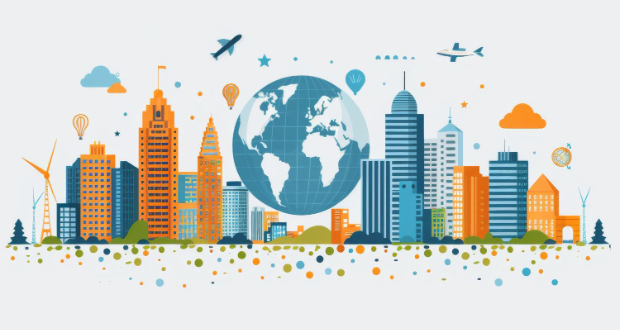While the COVID-19 pandemic and the war in Ukraine highlighted countries’ global interdependency, deepening geopolitical tensions have brought national security considerations to the fore. There is now a much more explicit connection between economic policy and national security. Geopolitical considerations are embedded in industrial policies, in response to the competition for (natural and human) resources associated with the green and digital transitions. Although cooperation is still present, competition and confrontation are central features of the evolving global development landscape. The geo-economic fragmentation and the trust deficit in governments and societal institutions that has emerged are threatening the viability of international cooperation in addressing global challenges.
This global paradigm set the backdrop for the seventh edition of the Development Leaders Conference in Indonesia earlier this month. The conference, co-hosted by CGD, the Indonesian Ministry of Foreign Affairs, and the Norwegian Agency for Development Cooperation (Norad) brought together senior officials from development cooperation agencies and selected multilateral institutions to reflect on the best ways to address today’s challenges jointly. Here, we look at some of the main areas of discussion from the two-day conference and reflect on some key takeaways.
The scope of global challenges
With geopolitics changing and shaping development cooperation, pressure to use influence, relationships and development cooperation for economic and national security is growing, and the sense of unease was palpable among development leaders. The disastrous effects of the Covid-19 pandemic—reversing years of progress on poverty alleviation in low-income countries and fragile and conflict-affected states, are well known. Financing needs in developing countries have sky-rocketed with countries’ efforts to fend off the impact of cascading crises and by limited alternative sources of financing. These countries now face a combination of soaring debt, elevated interest rates and energy costs, and inflationary pressures, limiting access to and/or increasing the cost of finance. They cannot address this financing gap alone. And yet, investors are withdrawing their money. Europe’s largest donors are cutting their aid budgets. This poses risks to the fiscal capacity of developing countries in the short-term and could prevent them from investing in their own development in the medium to longer-term.




